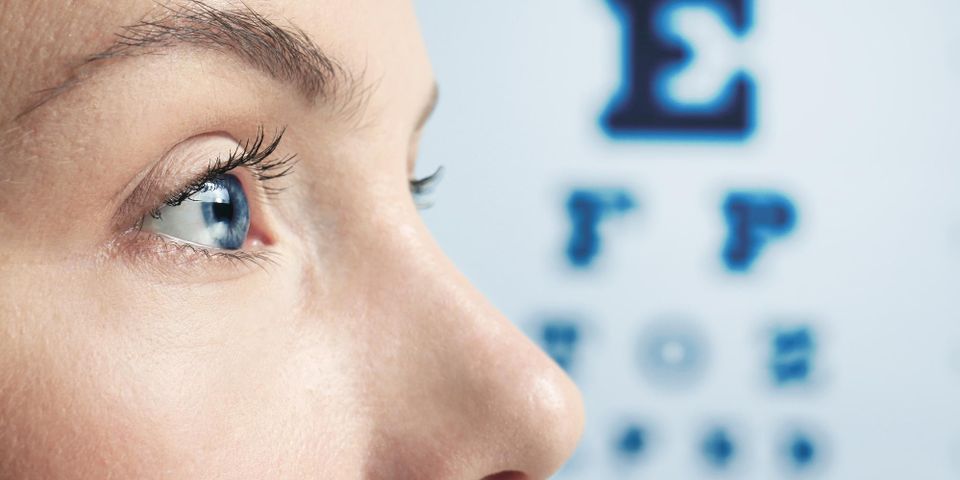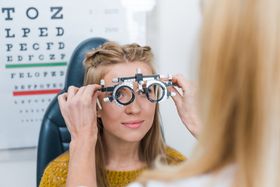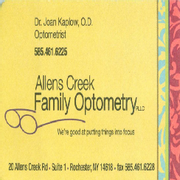
Vision problems are common among Americans. In fact, about 14 million people in the U.S. are visually impaired. From simple nearsightedness to legal blindness, there are many corrective solutions that optometrists suggest to improve vision. The term “legally blind” can be a bit misleading, since it doesn’t necessarily mean a person has completely lost their eyesight. Below, you’ll learn more about what it means and how an eye specialist can help.
What Does “Legally Blind” Mean?
Definition
“Legally blind” refers to people who do not have better than 20/200 vision after getting fitted for contacts or glasses. Your eye doctor will check your central vision, or what’s in front of you, and your field of vision, or what’s to the sides, above, and below you.
They’ll test visual acuity with an eye chart and use light tests to measure your visual field. If you have a central visual acuity of lower than 20/200 or a field of vision smaller than 20 degrees, the government will consider you legally blind.
Causes
 There are several potential causes of legal blindness, but among the most common are glaucoma, cataracts, diabetic retinopathy, and macular degeneration.
There are several potential causes of legal blindness, but among the most common are glaucoma, cataracts, diabetic retinopathy, and macular degeneration.
Respectively, these disorders damage the nerves connecting the eye to the brain, cloud the lenses, damage the blood vessels in the back of the eyes, and deteriorate the central retina. In their advanced stages, they may cause significant vision problems and legal blindness.
Treatment & Resources
Though there is no cure for legal blindness, there are ways to manage it and minimize vision problems. Possible solutions could be magnifiers, telescopes, and digital technology to make reading, writing, and screen time easier.
Additionally, service animals can be helpful with daily responsibilities. You may also qualify for government assistance. The Social Security Administration offers benefits to those with legal blindness, and you may be eligible for state and federal tax deductions. The best resource for would be a visit to ABVI (Association for the Blind and Visually Impaired). They can help low-vision patients with their unique circumstances. If you are in need of a referral, make an appointment with Dr. Joan Kaplow or Dr. Jennifer Bateman.
When you need treatment and resources for vision issues, consult with Allens Creek Family Optometry. These optometrists and eye specialists offer vision therapy, glasses, and contact lenses to clients throughout Rochester, NY. Call (585) 461-6225 or visit them online to learn more about their vision and occupational therapy services.
About the Business
Have a question? Ask the experts!
Send your question

